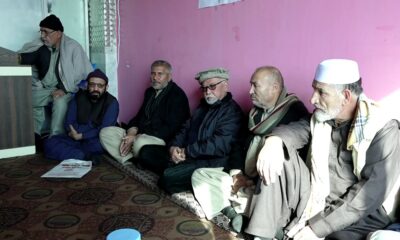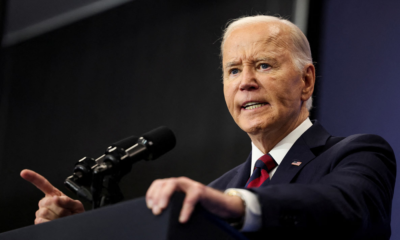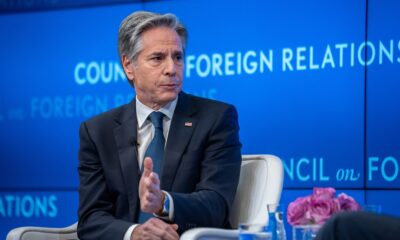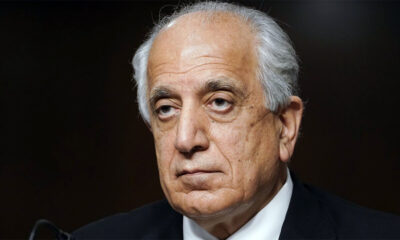Health
24 mothers, 167 infants die in Afghanistan each day, WHO reports
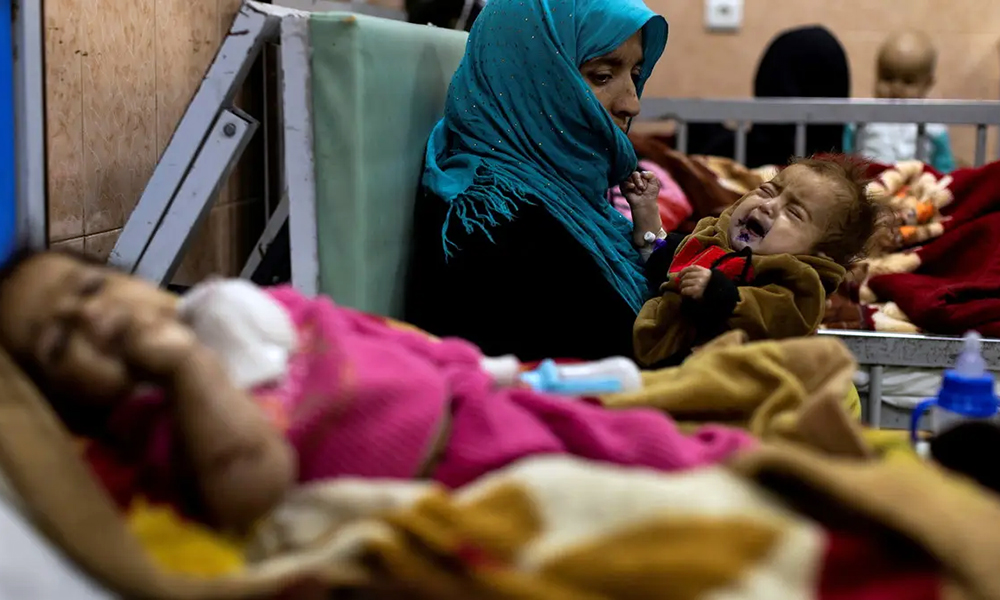
Afghanistan faces a staggering daily toll of 24 maternal deaths and 167 infant deaths due to preventable causes, according to a new report released Sunday by the World Health Organization.
The report underscores the continuing humanitarian crisis in Afghanistan, highlighting the multifaceted challenges that citizens endure daily.
“Afghan citizens face an unstable health system and the daily specter of food scarcity and malnutrition,” the WHO states. This crisis is further exacerbated by the burden of both communicable and noncommunicable diseases, frequent disease outbreaks, severe drought, and natural disasters such as floods and earthquakes, the report stated.
The situation for Afghan women has particularly deteriorated, with limited access to education and livelihoods, WHO said.
The WHO report emphasizes that the need for humanitarian assistance has surged dramatically, adding that children and women bear the brunt of the health emergency.
“Preventable maternal mortality claims the lives of 24 mothers every day, and a staggering 167 infants die each day of preventable causes,” the WHO report highlights.
In addition, Afghanistan’s high level of food insecurity affects 15.8 million people, WHO stated.
Polio also remains a concern, although there have been significant gains in its eradication since 2021, the report noted.
The ongoing geopolitical situation has also affected the health sector, leading to reduced international support. “The health sector is struggling to meet the surging demand for services,” the WHO report states. Severe underfunding led to the closure of 428 static and mobile health facilities between January and December 2023, impacting over 3 million individuals, including more than 600,000 children under five and over 240,000 pregnant and lactating women.
However, the Ministry of Public Health’s spokesman Sharafat Zaman says the report cites incorrect data. He said 300 mother have lost their lives while giving birth in the past six months.
Health
Herat Regional Hospital struggling to deal with heavy patient load
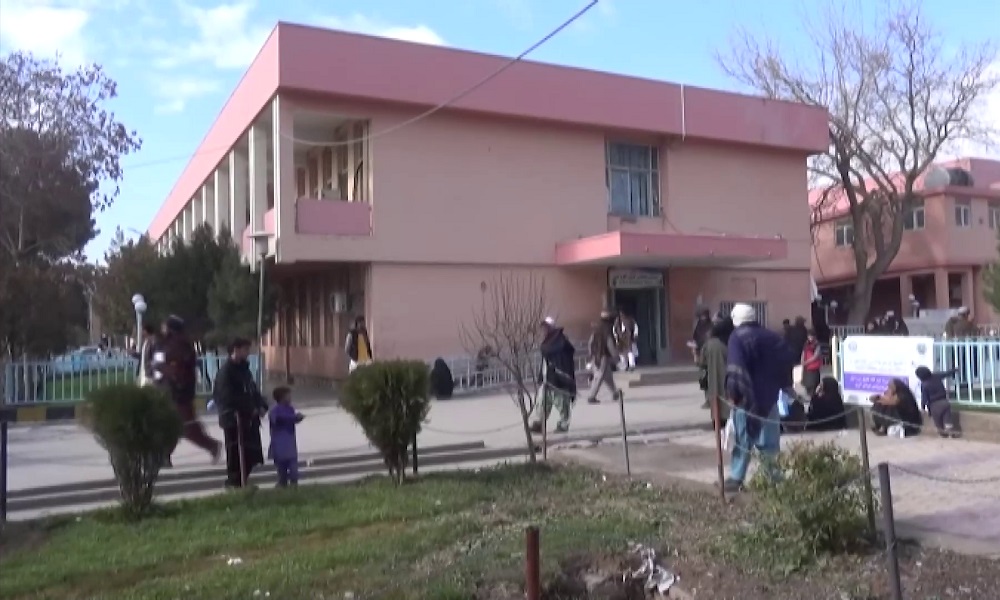
Herat Regional Hospital has a capacity to treat about 1,000 patients a day, 650 as in-patients. However, the hospital is being stretched to its limits and is treating more than double this number of people every day, hospital officials say.
Officials say that in most wards, there are two patients per bed. They say the hospital needs to expand - that they urgently need more space and more equipment.
According to doctors, the High Care Unit has only 10 beds, when it actually needs at least 65. In addition, they say the dialysis department is only running at half-mast. It has 17 dialysis machines, but only eight are in working order.
Herat residents have also raised concern over the state of the hospital and said some departments, especially the dialysis unit and pediatrics urgently need equipment and additional space.
Afghanistan is grappling with significant health challenges marked by a fragile healthcare system and unequal access to services, particularly in rural areas.
This is due to a number of issues such as transportation difficulties, shortage of healthcare professionals, and limited access to quality healthcare services.
Despite efforts to improve the country’s healthcare infrastructure, Afghanistan continues to grapple with systemic issues that hinder effective healthcare delivery. Analysis by UN agencies of under-served areas shows that 13.2 million people in 34 provinces reside in areas where primary healthcare services are not accessible within a one-hour walking distance.
Health
Excluding Afghan women from medical institutes threatens the future of health care in the country: MSF
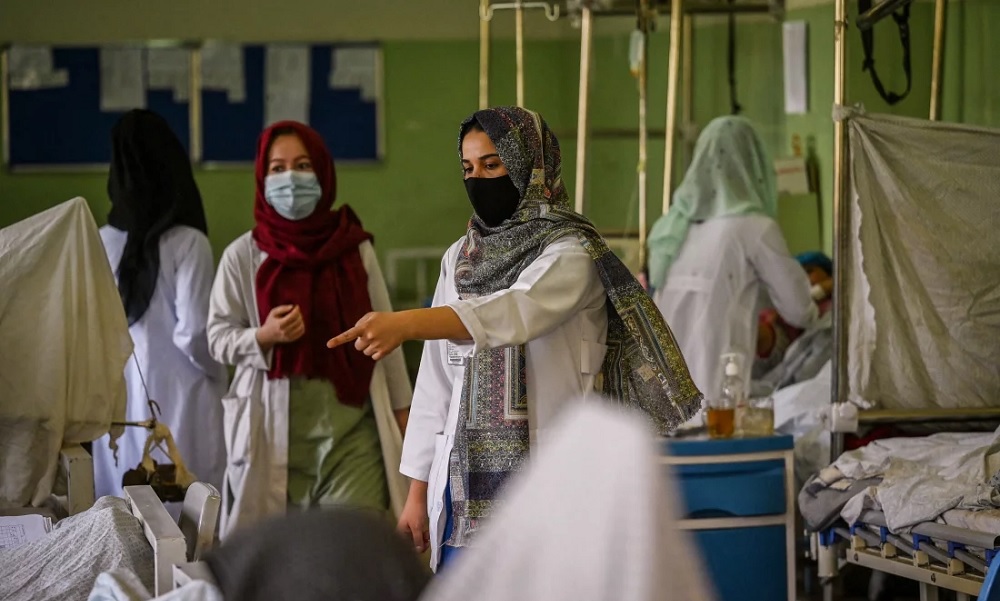
The Islamic Emirate of Afghanistan’s (IEA) decision to bar women from studying in medical institutes will have far-reaching consequences for women’s health in the country, Médecins Sans Frontières (Doctors Without Borders) said on Friday.
This is another stage in the removal of women from public and professional life in Afghanistan. Already, there is an insufficient number of female health care workers in the country, impacting the availability of health care, especially given the separation of hospital wards by gender. New constraints will further restrict access to quality health care and pose serious dangers to its availability in the future, MSF said in a statement.
“There is no health care system without educated female health practitioners,” said Mickael Le Paih, MSF’s country representative in Afghanistan. “At MSF, more than 50 percent of our medical staff are women. The decision to bar women from studying at medical institutes will further exclude them from both education and the impartial provision of health care.”
The medical needs in Afghanistan are huge, and more female Afghan medical staff need to be trained to address them. For this to happen, women need to have access to education. Education restrictions for women and girls put in place in 2024, 2022, and 2021 considerably reduce the number of female medical staff in the future, MSF said.
“If no girls can attend secondary school, and no women can attend university or medical institutes, where will the female health professionals of the future come from and who will attend to Afghan women when they are at their most vulnerable?” said Le Paih. “For essential services to be available to all genders, they must be delivered by all genders.”
Recently, there have been reports that the leader of the Islamic Emirate has ordered the closure of medical institutes to women. The Islamic Emirate has not yet officially commented on this matter.
Health
Afghanistan’s health minister visits disease control center during China visit
Jalali, in China for the World Conference on Traditional Medicine 2024, said that traditional medicine in Afghanistan needs to be regulated and integrated into modern healthcare practices
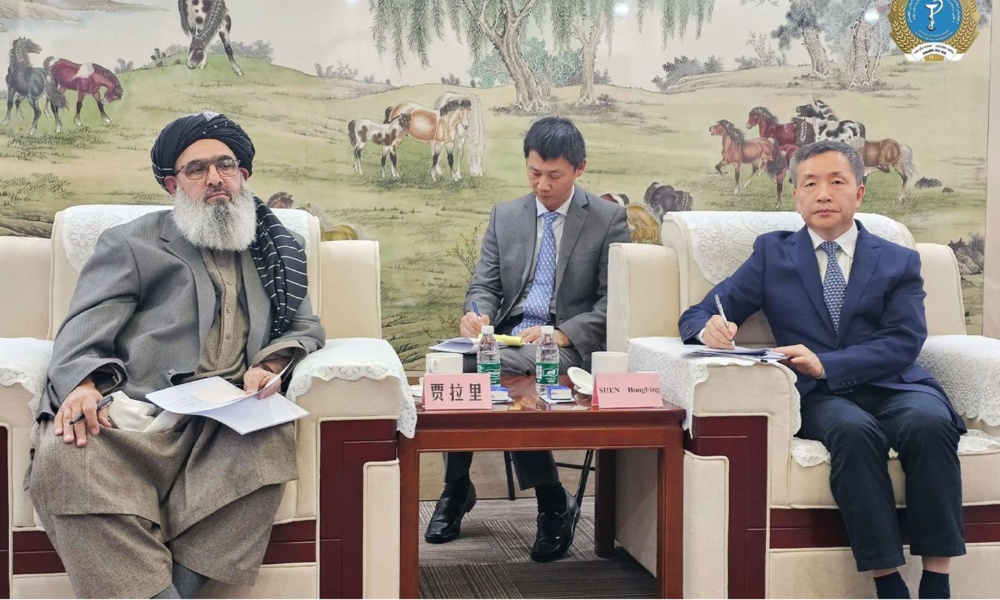
Afghanistan’s Acting Minister of Public Health has held in depth discussions on managing diseases such as malaria, tuberculosis, and polio with China’s Deputy Director for Disease Control and Prevention, Shen Hongbing.
On an official visit to China, Mawlawi Noor Jalal Jalali also discussed other issues, with Shen and other officials, such as monitoring of diseases, disaster management processes and capacity building for Afghan healthcare workers.
Jalali, who was in China for the World Conference on Traditional Medicine 2024, also toured China’s Disease Control and Prevention Center (CDC) and its National Influenza Center.
The conference, which was held on Tuesday and Wednesday in Beijing, was jointly held by the World Health Organization (WHO) and Chinese sponsors, including China’s National Health Commission.
The opening ceremony of the two-day event was attended by health officials of governments and international organizations, experts and scholars, and deputies from medical institutions.
WHO Director-General Tedros Adhanom Ghebreyesus gave a speech via video.
Addressing delegates at the conference, the ministry cited Jalali as having said that traditional medicine in Afghanistan needs to be regulated and integrated into modern healthcare practices.
He also advocated for strengthened bilateral cooperation between China and Afghanistan to enhance capacity building, experience sharing, and joint research in the sector.
Afghanistan’s health ministry has meanwhile established a Traditional Medicine Department which is currently tasked with formulating policies and guidelines to regulate and improve this sector.
-

 International Sports5 days ago
International Sports5 days agoWinners of The Best FIFA Football Awards 2024 to be revealed Dec. 17
-
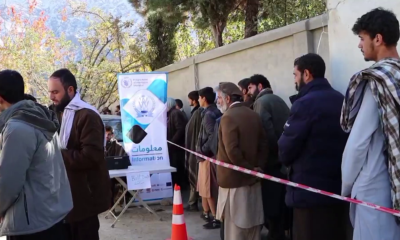
 Latest News5 days ago
Latest News5 days agoAfghanistan’s harsh winter intensifies struggles for vulnerable families: WFP
-

 Regional4 days ago
Regional4 days agoBomb kills chief of Russian nuclear protection forces in Moscow
-

 Sport4 days ago
Sport4 days agoATN once again seals deal to broadcast upcoming IPL across Afghanistan
-

 Sport4 days ago
Sport4 days agoLanka T10: All three matches abandoned due to rain
-

 World4 days ago
World4 days agoAt least 100,000 bodies in Syrian mass grave, US advocacy group head says
-

 Latest News4 days ago
Latest News4 days agoIndia hoping to import coal and marble from Afghanistan
-

 Latest News4 days ago
Latest News4 days agoTrump says he would have pulled out of Afghanistan with ‘dignity and strength’




